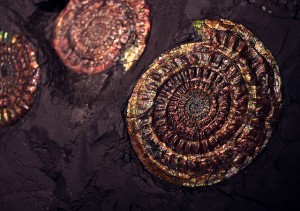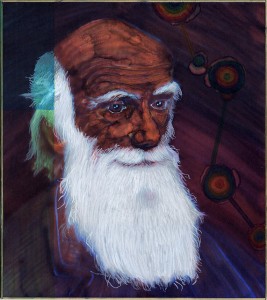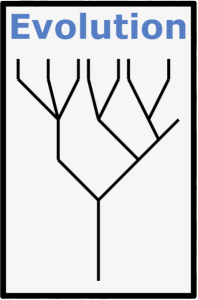Naturalism
By: Jordan Cohen
Naturalists were very intrigued with nature and often took very detailed notations on elements relating to nature, both living and non-living. These individuals, often called naturalists, “devoted a good majority of their scientific efforts in the field of biology (Anderson).” The novels and writings these Naturalists wrote comprised of four reoccurring themes. These themes consisted of:
- Man against nature
Character is positioned against an animal or a force of nature - Man against himself
Character is combatting an internal struggle associated by an outside problem or his/her own thoughts or ideas. This can be deciding whether something is “right” or “wrong” or even an a character overcoming fears of emotional difficulties. - Nature is indifferent to man
Nature is without interest and has no bias towards human beings - Man vs. Society
Character combats with societal values, such as beliefs or laws - Man vs. Man
An argument arises between two individuals
- The universe is deterministic
Every action is the cause of an already-happened action
Donna Campbell, professor at Washington University, states that Naturalism, “…attempts to apply scientific principles of objectivity and detachment to its study of human beings.” What she means here is that humans and other species can be studied in their relationships with their surroundings. She also states that we (humans) are governed by the environment and heredity (Campbell).
Naturalists often recorded all of their findings and theories to share and even publish. The findings and theories described and classified things in the current state at which the naturalists observed them. Archeology was a common practice amongst Naturalists. Fossils and bones were compared to the structures of current inhabitants and theories would be made. One well-known English naturalist was Charles Darwin.

by Cobalt 123, used under CC BY-nc-nd
Through archeological observations, Darwin developed the “theory of evolution”. The theory of evolution was devised of after Darwin took a trip to the Galapagos islands. Darwin traveled to the Galapagos islands for a four-year surveying trip to record biological and geographical findings. He stated that the complex organisms present today developed from a simpler and they had evolved throughout history (White). After his voyage in 1831, he wrote the book, The Origin of Species where he summarized the history of life itself (Anderson). His concluding sentence defines the theory of evolution:
“Thus, from the war of nature, from famine and death, the most exalted object which we are capable of conceiving, namely, the production of higher animals, directly follows. There is grandeur in this view of life, with its several powers, having been originally breathed by the Creator into a few forms or into one; and that, whilst this planet has gone cycling on according to the fixed law of gravity, from so simple a beginning endless forms most beautiful and most wonderful have been, and are being evolved. (White)“
by Bradley Wind, used under CC BY-nc-nd
Naturalist Charles Darwin, among others, were all curious to find out HOW these different species evolved. This is where the terms, “survival of the fittest” and “natural selection” come into play.

by Mathias Klode, used under CC BY
Those species who have the traits and characteristics to survive in the different environments are the ones who survive. Darwin came to this conclusion after a compilation of 20 years worth of research.
The image displayed off to the right of the page shows how evolution came to be. At the very beginning, a certain species started with one organism. The factors to take into consideration when it comes down to “the survival of the fittest” can be, but are not limited to:
- Food chain
- Climate
- The ability to produce
- Genetic mutations
“The Theory of Evolution” and The Catholic Church

by Freestone Wilson, used under CC BY-nc-nd
The Catholic Church believed that creation was a process conducted by God that took 6 days and that God ought to govern the universe, so Darwin delayed his publication date of The Origin of Species, which was completed fully in 1838. The publication date was postponed to 1859 because of the foreseeing disapproval by the church (Scheidenhelm). Many naturalists were in fact agnostics.
Works Cited
White, W.M. “Galapagos History.” Galapagos History. N.p., 1997. Web. 11 Apr. 2014.
Anderson, Don. “Charles Darwin: An English Naturalist.” Naturalism. N.p., 2014. Web. 03 Apr. 2014.
Encyclopædia Britannica. “Naturalism.” Encyclopedia Britannica Online. N.p., 11 Sept. 2013. Web. 03 Apr. 2014.
Campbell, Donna. “Naturalism in American Literature.” Naturalism in American Literature. N.p., 2010. Web. 08 Apr. 2014.
Scheidenhelm, Carol. “Romanticism, Realism and Naturalism.” Romanticism, Realism and Naturalism. N.p., 14 Aug. 2007. Web. 06 Apr. 2014.